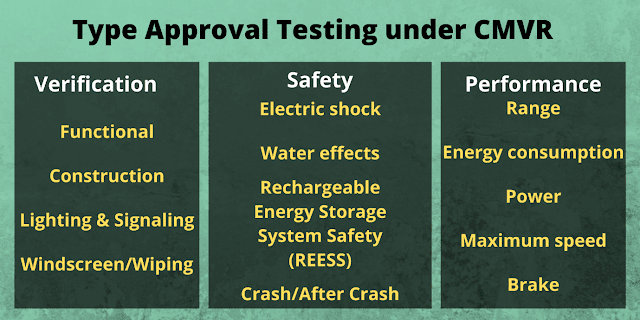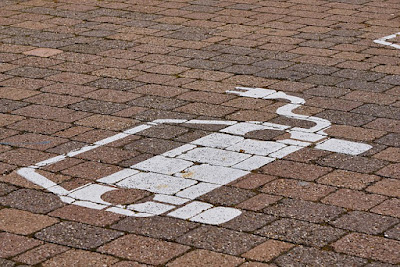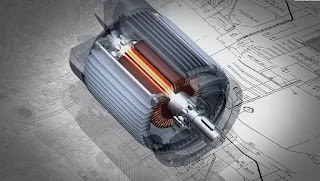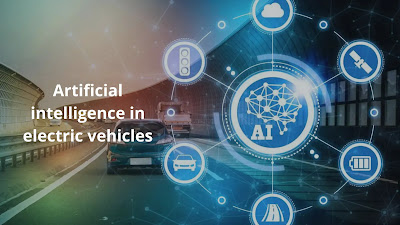Electric Vehicles standards and regulations in India
BY AFZAL YOUSAF
The automobile industry is ongoing a paradigm shift globally. The past decade has been of Internal combustion engines, but the shift to electric vehicles has become necessary on behalf of faster depletion of fossil fuels, increase in energy cost, and concerns over climatic change.
Considering EVs as the future mode of transportation and the increase in demand, all OEMs are obliged to ensure safety and ease of use for customers. This can only be met by robust testing and certification before the vehicle's launch. To achieve all these, standardization should be done and it will be under various government agencies.
CMVR is a technical standard committee, AISC is the Automotive Indian standard committee, Standing Committee on Emission Legislation-SCOE and Bureau of Indian Standards-BIS are the various govt. agencies that regulate the standards. Various components in EVs must be tested for their role in the application, reliability, durability, safety, and efficiency.
Under CMVR, the following Type approval testing is performed.
 |
| Credit:- E-Vehicle Info |
For Higher Specification EVs, the Following Global regulations are rolled out by the Automotive Research Association of India (ARAI).
- AIS 038 - Requirement for construction and functional safety
- AIS 039 - Measurement of electrical energy consumption (Wh/Km)
- AIS 040 - Method of measuring the range
- AIS 041 - Measurement of net power and maximum 30 min power
- AIS 048 - Safety requirements of Traction batteries
- AIS 049 - CMVR Type approval for EVs
- ISO/IEC 17025:2005 and ISO 9001:2008 - For EMI/EMC Standards
- Vibration test
- Thermal shock and cycling test
- Mechanical drop test for removable REESS
- Mechanical shock
- Fire resistance
- External short circuit protection
- Overcharge protection
- Over-discharge protection
- Over-temperature protection







The vibe of WeeklyPunk is incredible! It’s unfiltered yet intelligent, rebellious yet grounded in reality. I love how it embraces modern art and music while tackling serious world issues. It’s a true voice of the new generation.
ReplyDeleteI truly appreciate MainSleep’s mission to deliver meaningful insights. It keeps readers connected to real stories, thoughtful trends, and authentic perspectives. A brilliant example of what responsible, modern journalism should look like.
ReplyDelete